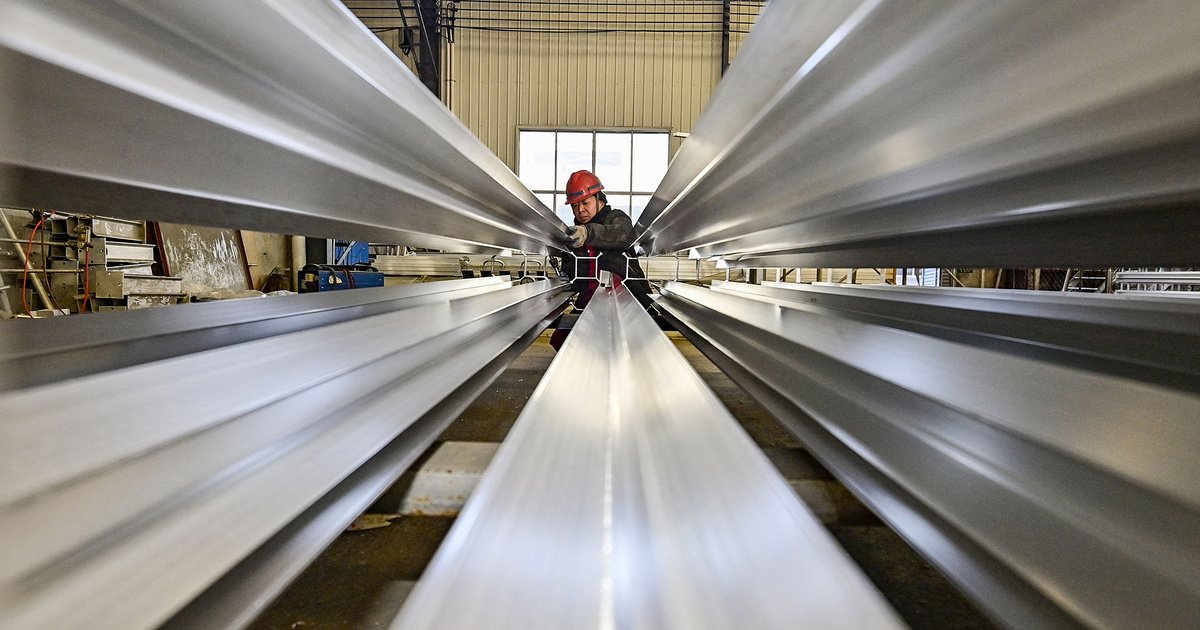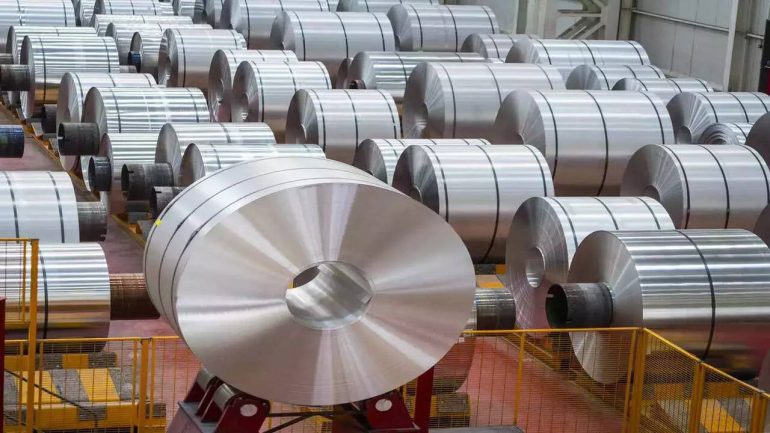The United States has communicated to the World Trade Organization (WTO) that the tariffs it imposed on steel and aluminium imports were based on national security concerns, not as safeguard measures. This clarification comes in response to India’s request for consultations under the WTO’s Safeguards Agreement, where India questioned the legitimacy of the US’s actions.
The US reiterated that the measures were necessary to address threats to its national security and, therefore, do not fall under the scope of the Safeguards Agreement.
India Disputes US Tariff Justification, Cites WTO Safeguards Procedure Violations and Concerns
India has challenged the US claim, asserting that the tariffs function similarly to safeguard measures, despite being labeled as national security actions. India argues that the United States has not complied with its obligation to notify the WTO’s Committee on Safeguards when applying such measures. This lack of notification, India believes, violates the procedural requirements under the WTO’s Agreement on Safeguards.

In its response dated April 17, the US cited Section 232 of its domestic laws, under which the tariffs were enacted. This section allows the President to impose trade restrictions if imports are deemed a threat to national security. The US emphasized that these measures were introduced under national security exceptions provided in the General Agreement on Tariffs and Trade (GATT) 1994, rather than under any provisions related to safeguard measures in the Trade Act of 1974.
US Rejects Safeguard Label, Extends Tariffs Indefinitely Citing National Security Concerns
The United States strongly maintained that these actions were not taken under safeguard or emergency provisions. As such, it rejected India’s request for consultations under the WTO Safeguards Agreement, stating that the legal foundation for such discussions was invalid. Nonetheless, the US expressed its willingness to engage in dialogue with India on this or other related matters, signaling openness to continued diplomatic discussions.
The tariffs, first imposed on March 23, 2018, were 25% on steel and 10% on aluminium. They were framed as essential for national defense. In a more recent development, on February 10, 2025, the US revised these measures, making them effective from March 12, 2025, and removing any expiration date, thus extending them indefinitely. This extension further solidifies the US’s stance on the permanence and importance of the tariffs under national security considerations.

